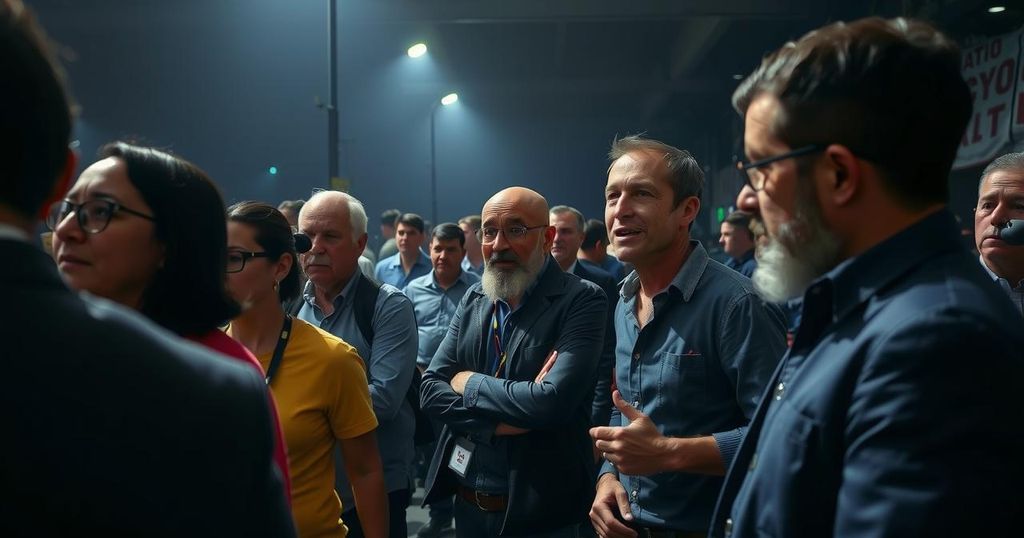Uruguay’s presidential runoff features a close race between Yamandu Orsi and Alvaro Delgado. Opinion polls indicate a narrow margin, with approximately 25,000 votes separating them. While both candidates aim to attract undecided voters, the election occurs against a backdrop of global trends impacting incumbent parties. Analysts suggest the robust Uruguayan economy may favor Delgado amidst uncertainties among the electorate.
Voters in Uruguay are poised to participate in a closely contested presidential runoff on Sunday. The election features opposition candidate Yamandu Orsi from the Broad Front and Alvaro Delgado, the conservative incumbent’s ally. Polls indicate a highly competitive scenario, with only a narrow margin of approximately 25,000 votes potentially distinguishing the candidates. Unlike the polarization evident in other regional elections, Uruguay’s political landscape is comparatively harmonious, characterized by cooperation among both conservative and liberal factions.
As the nation prepares for the polls, the election will be significant for its implications on continuity and policy direction. Orsi, who promises a moderate leftist agenda, garnered 43.9% of the initial vote, while Delgado received 26.8% but aims to consolidate support from the Colorado Party. Both candidates face the task of appealing to the approximately 8% of voters who supported smaller parties in the first round. Despite recent debates, voter preference appears uncertain, as reflected in public statements expressing ambivalence toward the candidates.
Uruguay’s election comes at a pivotal moment, considering a global trend of incumbent parties experiencing declines. Nevertheless, economic resilience in Uruguay may benefit Delgado, casting doubt on whether voters seek significant change. Analysts suggest that the absence of strong indicators for political upheaval could influence the election outcome favorably for him. With the voter turnout aiming to surpass that of earlier rounds, the outcome remains highly anticipated.
Uruguay, a small South American nation with a population of 3.4 million, is known for its social stability and progressive policies, including the legalization of marijuana. The country recently held preliminary elections, culminating in a runoff between Orsi, who represents a progressive platform, and Delgado, aligned with conservative values. Historically, Uruguayan politics demonstrate a tendency toward moderation, distinguishing it from the sharply divided political environments found in neighboring countries. This election could be emblematic of changing attitudes amid global political trends.
The upcoming presidential election in Uruguay is characterized by its competitive nature, with both candidates seeking to capture a diverse voter base in a historically moderate political climate. Analysts predict that the economic context will significantly impact voter decisions, raising questions about the prospects for political continuity versus change. As voters head to the polls, the outcome remains uncertain, with crucial implications for the country’s future direction.
Original Source: www.ndtv.com







